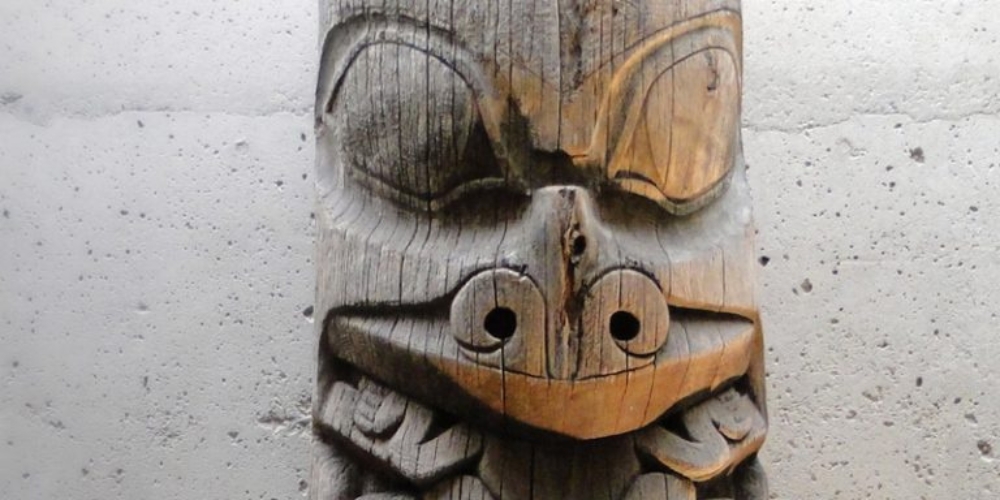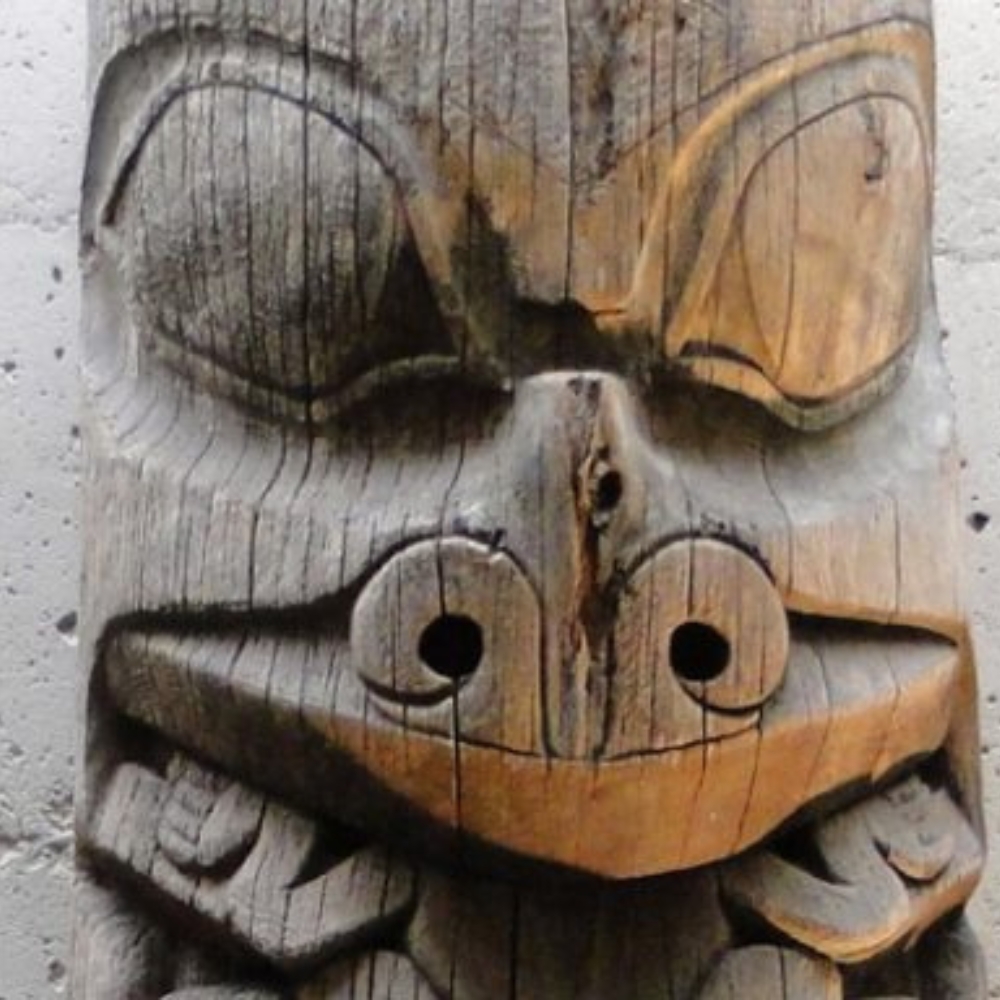Undergraduate Programs

Program Overview
Explore diverse programs that foster critical thinking, creativity, and global awareness. Choose from majors, minors, and interdisciplinary degrees tailored to your interests and career goals.
Bachelor of Arts Program Options
Anthropology (major, minor)
Computer Science (major, minor)
Economics (major, minor)
Gender, Women and Sexuality Studies (major, minor)
Geography (major, minor)
History (major, minor)
Indigenous Studies (major, minor)
International Relations (major only)
Mathematics (major, minor)
Political Science (major, minor)
Philosophy (major, minor)
Philosophy, Politics and Economics (major only)
Psychology (major, minor)
Sociology (major, minor)
For degree and individual program requirements, visit the UBC Okanagan Academic Calendar.
For degree and individual program requirements, visit the UBC Okanagan Academic Calendar.
B.A. Requirements
In order to receive a BA degree at UBC Okanagan, you must complete a minimum of 120 credits. Within the 120 credits, you will be required to complete the courses required for your chosen specialization and the BA degree foundational and distribution degree requirements in the following areas: communication, critical thinking, Indigenous content, scientific or numeric literacy, creativity, digital literacy, power, diversity and culture, and sustainability and the environment. and the environment. The foundational and distribution degree requirements support and promote Indigenous worldviews, an understanding of knowledge systems, languages, culture, the environment and, systems of law and governance.

Declaring a Major in the B.A.
BA students must declare their major at the end of their first year (after completing a minimum of 24 credits) for most programs. However, a select number of majors require 48 completed credits. Students should ensure they are taking courses starting in first year that are needed for their major of choice.
Students can declare their major through Workday, for some programs students must contact Academic & Career Advising. See the table below with the program areas, requirements, and when to declare.
BA students may also declare a minor once they are promoted to second year, a minor is not a requirement for degree completion.
| No requirements; declare in Workday when promoted to Year 2
|
|
| Specific course or credit requirements
|
|
| GPA or credit thresholds; contact Advising
|
|
Transfer Credits
Transfer credit is granted for courses completed at an institution outside of UBC. A student is able to transfer up to a maximum of 60 credits towards their degree.
Some of these credits may be eligible for use towards the B.A. category requirements. For credits that transfer as specific credit to existing UBCO courses (ex. ANTH_O 170), credit will automatically be applied to the category in which it fulfills.
For courses that transfer as general credit (ex. PSYO_O 1st), students will need to speak to an Academic Advisor to request this transfer credit be applied to a specific category. An official syllabus will need to be submitted to the Dean’s Office. The BA Standing Committee will review these requests to determine if the course learning outcomes sufficiently meet the category requirements.
To discuss and request the use of specific transfer credit courses towards the B.A., please see an Academic Advisor.
Language Fluency Degrees
Students achieve advanced proficiency levels in Interior Salish languages while learning about multiple ways to contribute to language recovery and revitalization efforts.
Bachelor of Nsyilxcn Language Fluency (major)
Bachelor of NłeɁkepmx Language Fluency (major)
Bachelor of St’át’imc Language Fluency (major)
Bachelor of Secwépemc Language Fluency (major)
Interdisciplinary program
Bachelor of Sustainability (BSust)
An interdisciplinary program offered by the Irving K. Barber Faculty of Science, Irving K. Barber Faculty of Arts and Social Sciences, and Faculty of Creative and Critical Studies
Students take a set of core integrative courses specific to sustainability along with a set of advanced courses in one of four concentrations:
ACADEMIC DEPARTMENTS
The Irving K. Barber Faculty of Arts and Social Sciences is organized into four departments that are responsible for the programs offered by our faculty.
Experiential learning opportunities
Undergraduate students can take their learning outside the classroom:
- take part in the Co-op employment program
- perform self-directed research through the Undergraduate Research Awards program
- work as a Teaching Assistant
- explore the world through the Undergraduate Student Travel Grant
Undergraduate Student Resources
Access the services you need to help you achieve your personal, academic, and career goals.
Learn more about planning your academic journey by visiting our Undergraduate Academic Planning resource page.
Arts students [or students registered in a B.A. program] may earn a double major or declare a minor in a discipline offered by the Irving K. Barber Faculty of Science. Please see the Academic Calendar for more information.
For full details on our programs, see the Academic Calendar.





